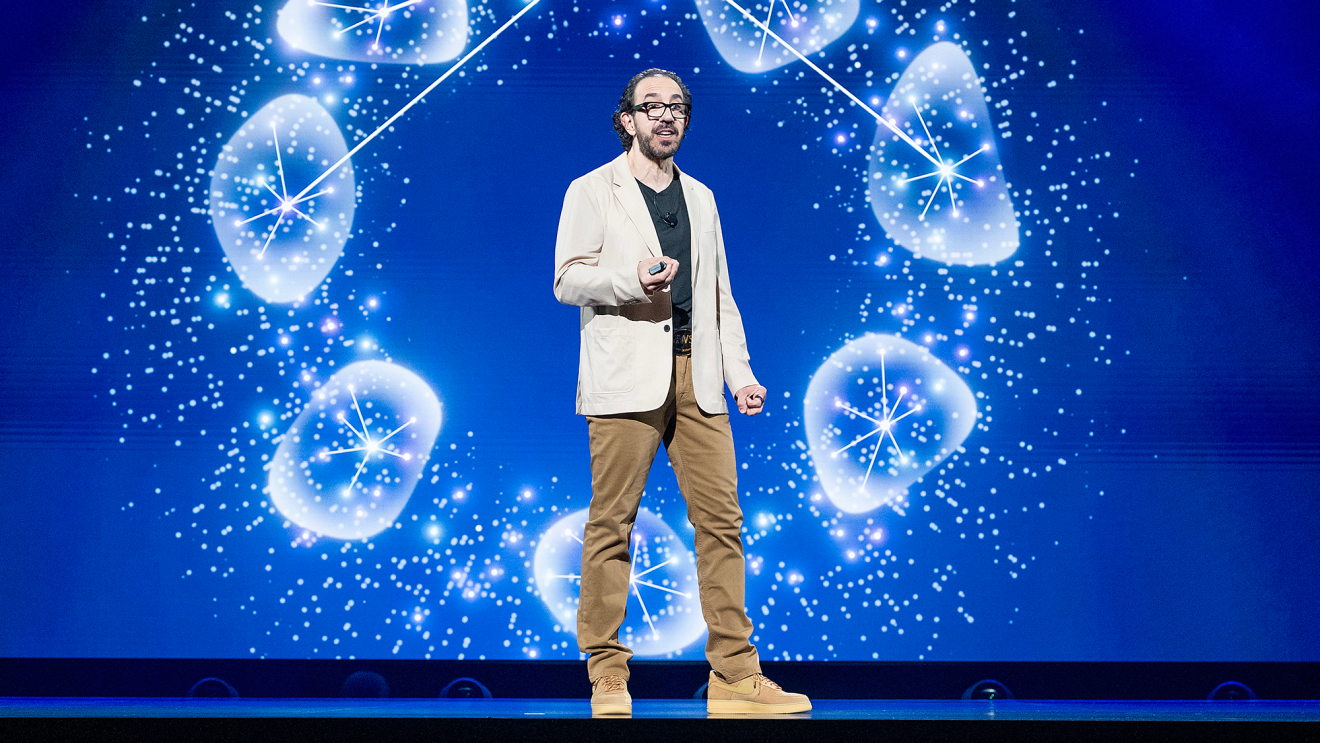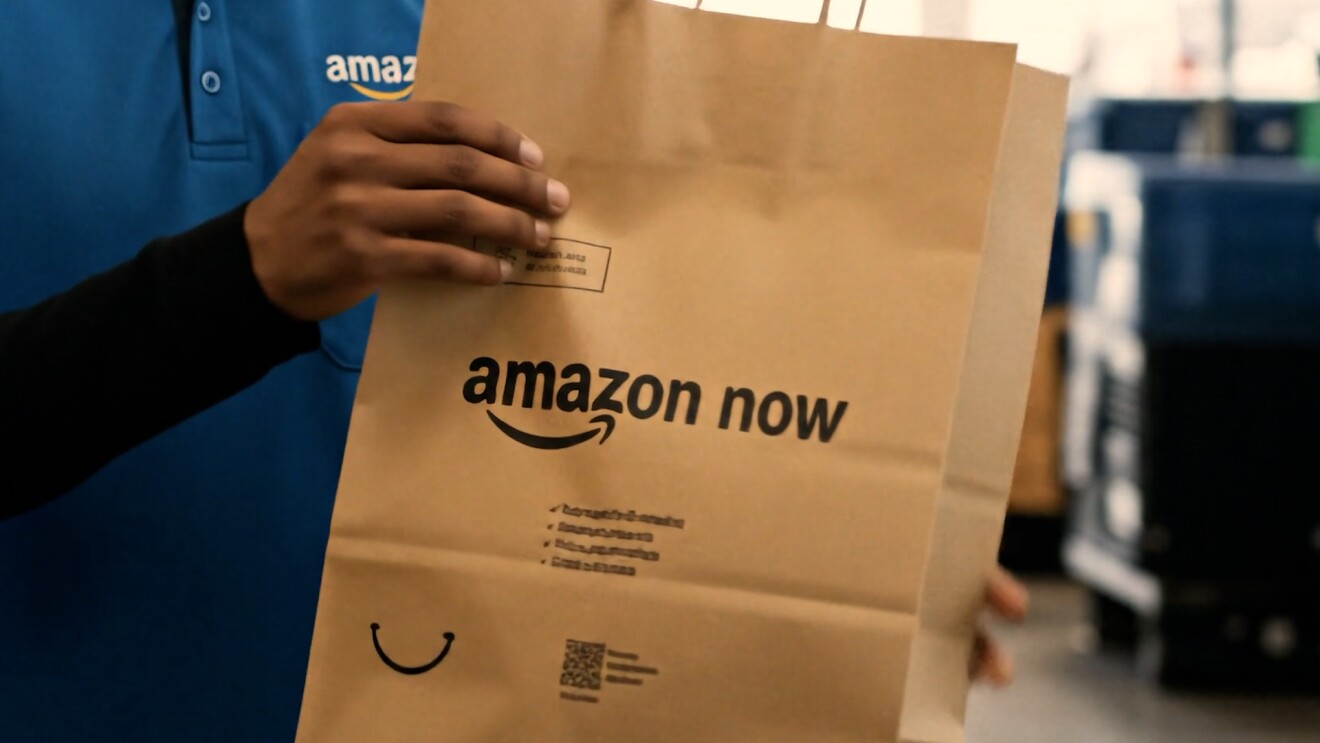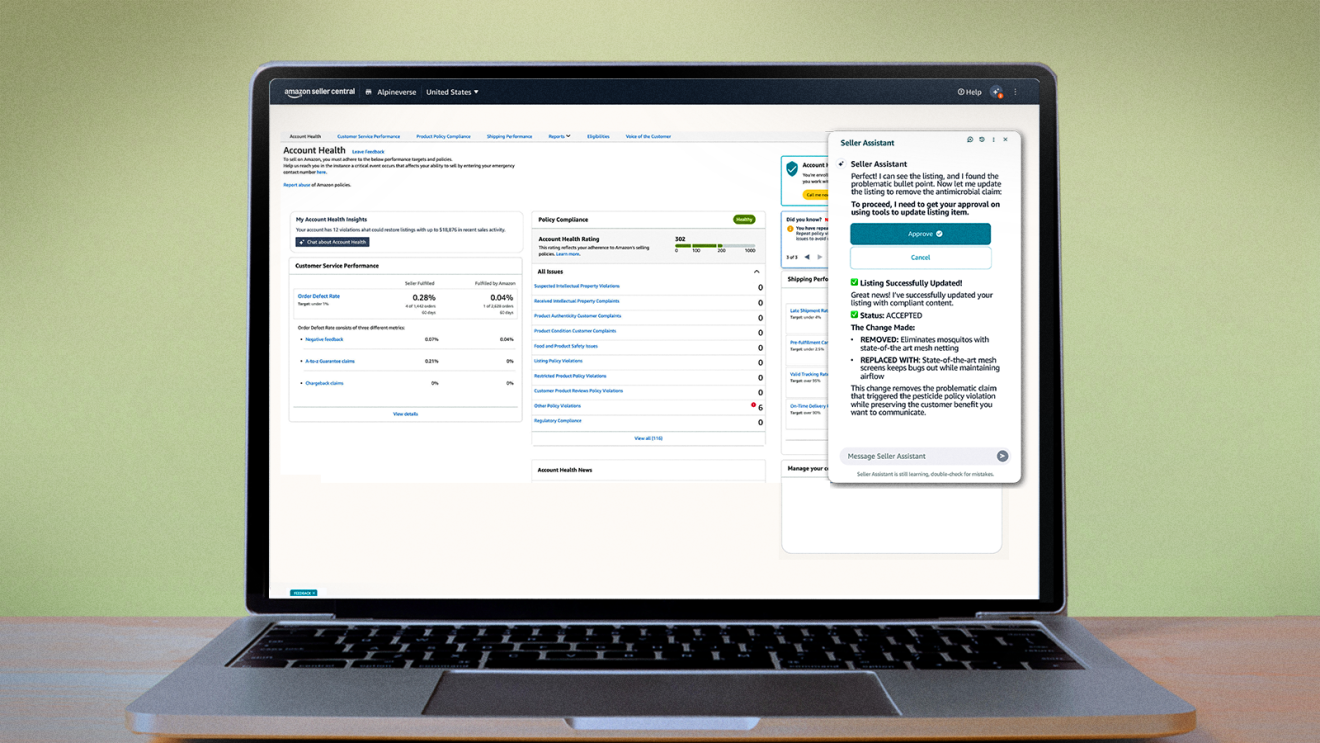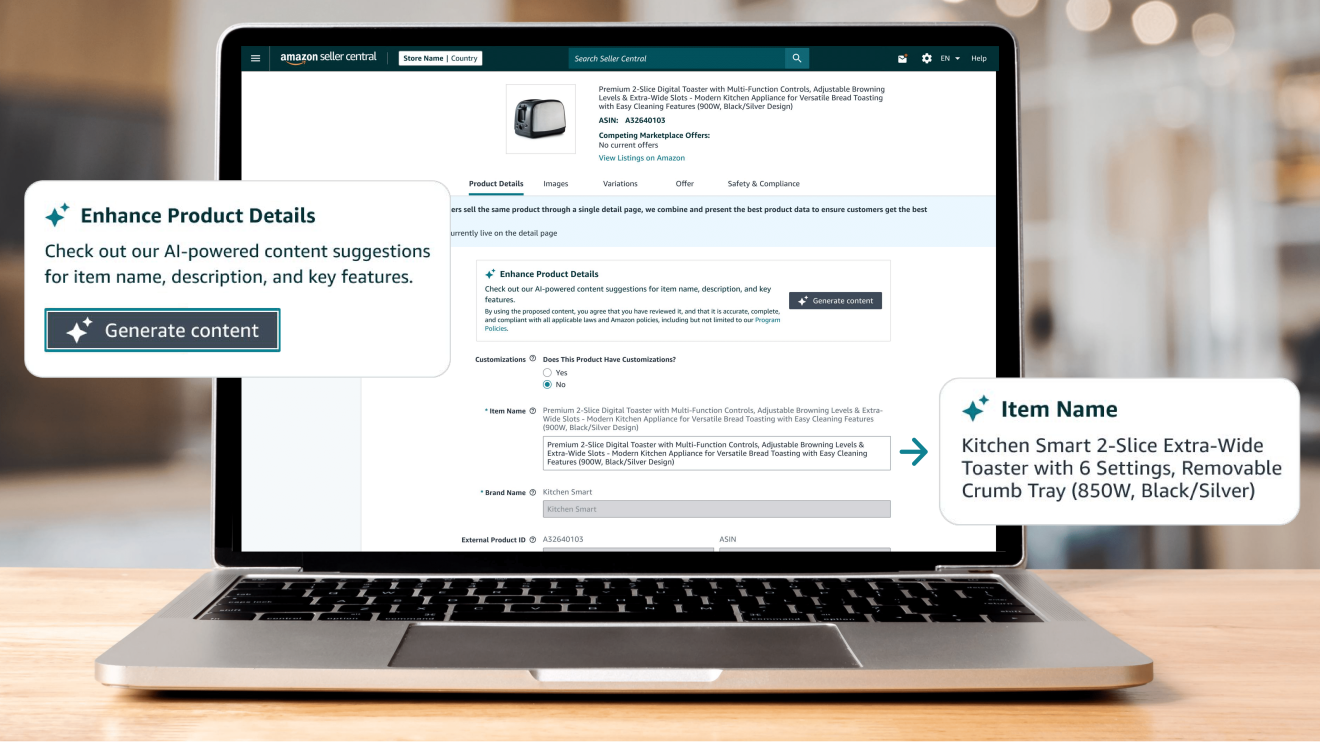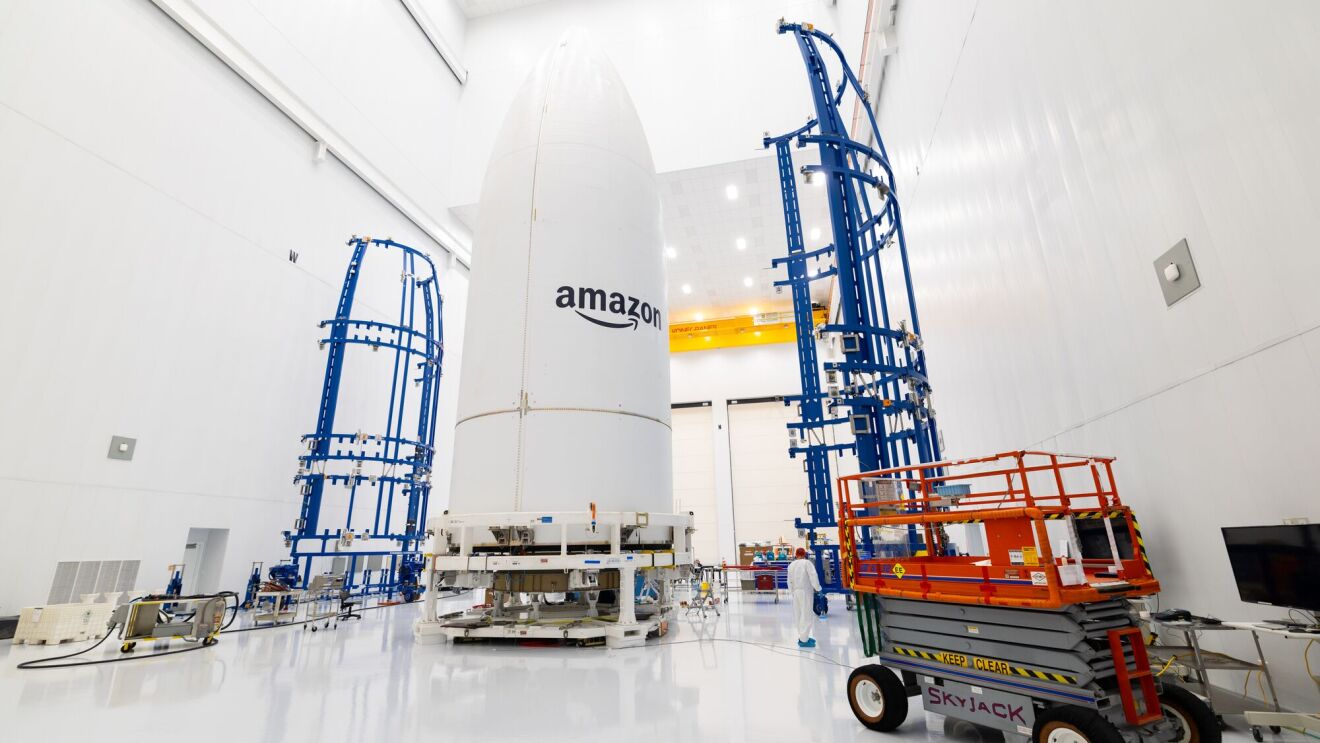Senior software engineer Heidi Schubert admits that she doesn’t need to motivate her team.
“All I have to do is explain what we’re trying to do. Often, it’s something that’s never been done before. It’s a fun job. We’re building something very exciting,” she said.
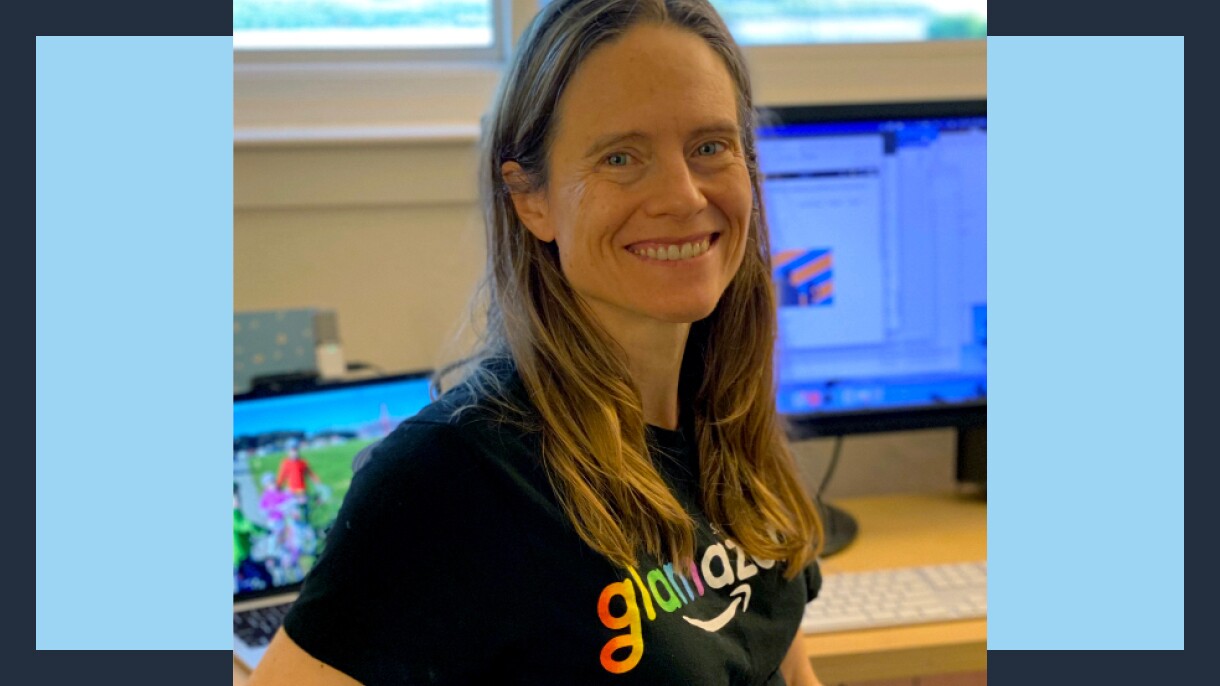
Schubert works on Prime Air, where she’s responsible for creating drone traffic management software. The work brings together her background in aerospace robotics and her interest in autonomous systems.
“The Prime Air drones are autonomous. To fly safely, they need some ground station support,” said Schubert. “What we do is essentially build a map of the area and use it to plan a detailed route that helps the drone get to its destination safely.”
Before working on Prime Air drones, Schubert earned her doctorate degree in aeronautical and astronautical engineering at Stanford University and spent years focusing on other Amazon devices, including Amazon Astro—an autonomous robot that relies on the sophisticated software her team built to help it move around a customer’s home while sensing and avoiding obstacles.
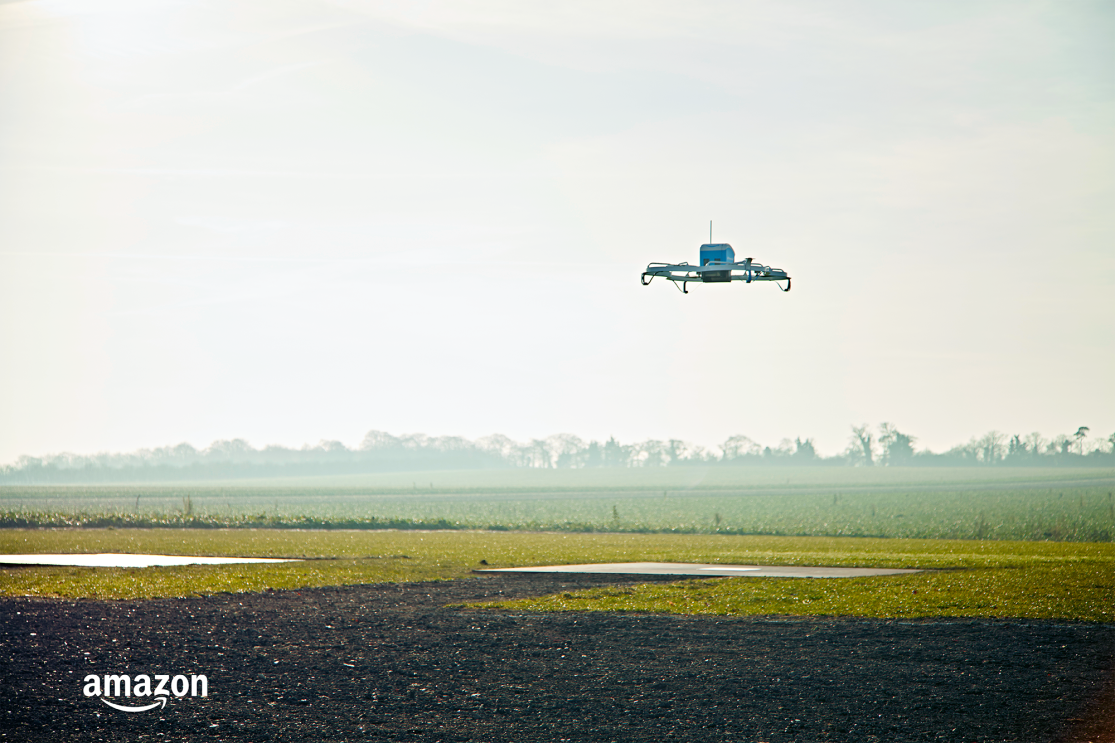 An Amazon Prime Air drone prototype
An Amazon Prime Air drone prototype“Autonomy is a burgeoning space, with a lot of people trying to solve the same problems. For us, this is about using robot motion to provide value to customers and communities. That’s what’s great about working at Amazon on Prime Air; it’s a terrific project both in terms of technical innovation and customer value,” said Schubert.
That value extends beyond the customer to the planet, as Schubert points out, because Prime Air drones are battery powered.
“Amazon is a special place because our work with autonomy is going to help build better customer experiences,” said Schubert. “These are tough problems to solve, but we are figuring it out. We don’t just go away and do research—we combine research with development to reach a goal.”
Growing up in a small town in Oregon, Schubert never imagined that she’d end up developing autonomous air traffic controls for delivery drones, but she has good advice for anyone interested in robotics.
“Robotics is multidisciplinary,” she said. “Think about what you’re interested in—electrical engineering or hardware or something else—and combine it with software. Software is important to everything we work on in robotics.”
Schubert is clear that it’s also important to have diverse interests.
“If you want to join a robotics team in your neighborhood, that’s great. It’s also okay to play an instrument or have other interests,” said Schubert. “As the numbers and types of robots in our lives increase, it’s critical that we have people thinking about how they interact with us, and that requires a totally different skill set to what you might imagine for a roboticist.”
As someone who graduated at a time when robotics jobs were scarce, Schubert is optimistic about the future of her rapidly growing industry.
Meet the other Amazon roboticists being spotlighted in our National Robotics Week series and explore jobs working with Prime Air.
Trending news and stories



